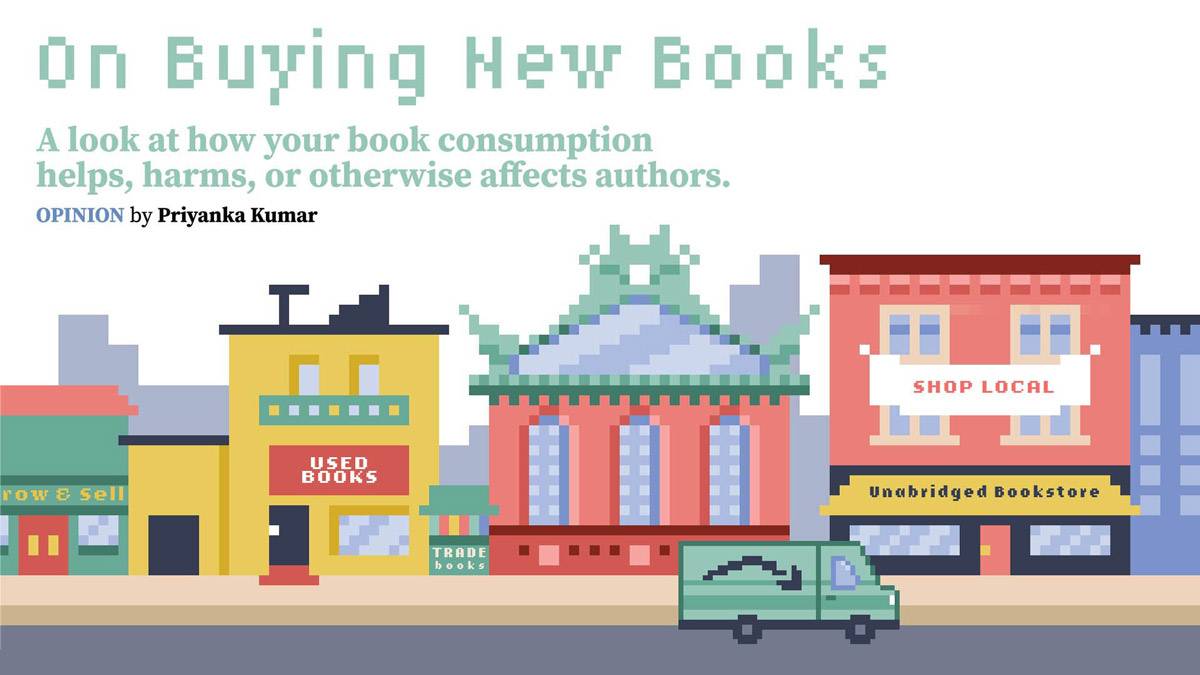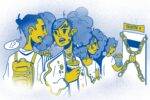Inspiration or admiration can quickly blur into appropriation, as was the case in 2011, when Anthropologie designed and placed a number of “one of a kind” rickshaws in their retail and online stores. According to the product copy, members of the buying team “flagged a rickshaw down for a spur-of-the-moment tour of the town” on a trip to India and were so “inspired” and “exhilarated” that they came back to the states and designed their own. (“An instant conversation starter on the road or on display, we’ll bet you’re whisked away on the adventure of a lifetime once you hop on — or in — our quixotic carriage.”) Available for only $2200, never mind the fact that many impoverished people in developing countries depend upon these vehicles as a way to make ends meet. By creating such a product “inspired” by the real thing, the company managed to dodge full accountability; if stores were to place authentic rickshaws imported straight off of the streets of India, there would be a much greater chance for uncomfortable conversations about contemporary cultural colonialism. The design team appropriated an icon seemingly without serious regard for the specific cultural implications and messages behind it, and somehow “inspiration” became the excuse for accountability.
Anthropologie has a division of “found objects” that a select group of buyers source from artists, craftspeople, dealers and markets from around the world and import back to be distributed in the retail outlets; each store carries a tailored selection of these one-of-a-kind items ranging from antique furniture in various states of decay to tchotchkes that can best be described as “twee.” Details borrowed from found items seem to be echoed at multiple price points and platforms across other product lines, furthering the design inspirational train-of-thought; for example, this past year, techniques and motifs from vintage hand-embroidered kantha quilts from India made their way into a kantha-patterned armchair and a clothing collection employing kantha fabrics. The “authenticity” value of such found objects and found object-inspired items alike ups their prices considerably, and makes them all that more desirable. The opportunity to buy such items with justifiable backstories satisfies an anxiety to vicariously get in on a far-off retail adventure, but it brings with it a false sense of accomplishment; many of these products are actually mass-produced but have a fake patina of uniqueness.
Even with all of the hype about the global arts bazaar and a marketplace of fabulous finds, Anthropologie (and much more frequently, parent company Urban Outfitters) often becomes a media punching bag for employing cultural insensitivity and questionable intentions in the sourcing and merchandising of their products. The most sensational of these instances was when, in late 2012/early 2013, they briefly carried a series of one-of-a-kind $398 candlesticks from New York-based artist team Primitive Twig. These featured totem-like assemblages of vintage decorative objects and ceramic souvenirs, some portraying blatantly caricatured images of African-Americans and Asians. Consumers cried foul and the company removed the product, subsequently issuing a PR release reiterating that the “one-of-a-kind” character of the artisan-crafted objects was not intended to offend. As of this writing, Urban Outfitters is still involved in a federal lawsuit with the Navajo Nation; the tribe sued the company in 2012 for trademark violations after they released products utilizing the Navajo name such the “Navajo Hipster Panty” and the “Navajo Flask.” There have also been numerous reports over the past several years from independent creatives claiming that Anthropologie or Urban Outfitters either suspiciously incorporated key elements from their artistic visions or ripped off work with no promise of compensation. Again citing the power of “inspiration” as the modus operandi, both stores have partnered more and more with both up-and-coming and established designers, illustrators and artists in exclusive product collaborations, perhaps as both a way to counter past associations with plagiarism and to raise their imagined design profile. Anthropologie’s “Made In Kind” line helps indie labels get greater exposure, but the resulting products are copies of questionable quality.
I am wary of the culture (or is it a cult?) of Anthro’s decidedly “inspired” living, but somehow I still find myself buying into their story, season after season. Even though I have seen behind the patchwork-embellished curtain of the brand, I still aspire to have the artsy traveller life that they sell. When the logic of the unsettling gnawing that comes every time I step into one of the stores meets the emotion I feel when I envision myself decked out in their wares on a bicycle trip across southern Spain, it is confusing and complicated. I still come back to the Anthropologie “cat town” for small bursts of inspiration and leave feeling both better and worse, like I am in on some lavishly decorated lie.



















[…] I’ve written here before on the high cost of the pursuit of inspiration; namely, that an emphasis on seeking out inspiring experiences is damaging if gone unchecked. There is a fine line between “inspiration” and “appropriation” of ideas, and TED is the epitome of our culture’s obsession with seeking inspiration as a way to avoid talking about the hard stuff. When everyone is so busy being built up waiting for that inspiring glimpse into the future, the rest of the time is pretty disappointing. With the sheer amount of information coming at us, we’ve gotten very, very good at being our own editors; we seek and live in sound bites and GIFs. There is no more time for critical thinking and reviewing has given way to sharing in blips: “oh shit you guys check this out.” […]
[…] I’ve written here before on the high cost of the pursuit of inspiration; namely, that an emphasis on seeking out inspiring experiences is damaging if gone unchecked. There is a fine line between “inspiration” and “appropriation” of ideas, and TED is the epitome of our culture’s obsession with seeking inspiration as a way to avoid talking about the hard stuff. When everyone is so busy being built up waiting for that inspiring glimpse into the future, the rest of the time is pretty disappointing. With the sheer amount of information coming at us, we’ve gotten very, very good at being our own editors; we seek and live in sound bites and GIFs. There is no more time for critical thinking and reviewing has given way to sharing in blips: “oh shit you guys check this out.” […]